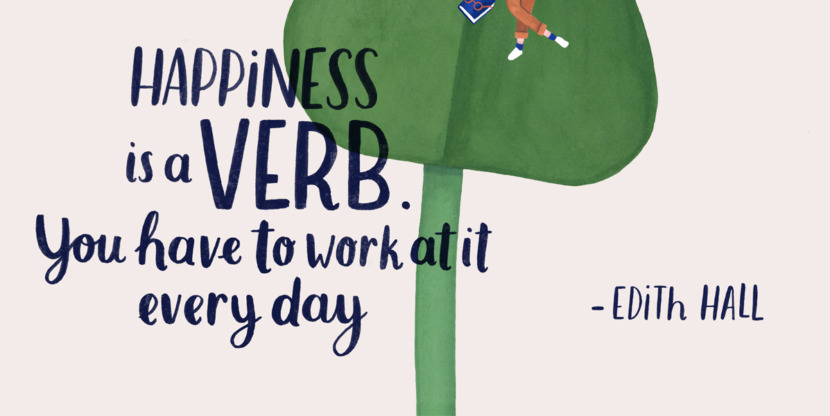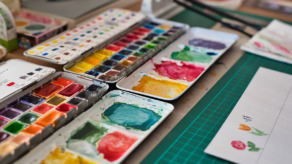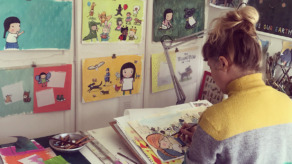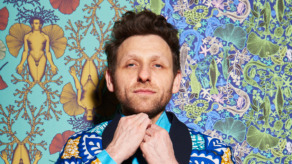Aristotle on happiness and friendship

British professor Edith Hall is inspired by the ideas of Aristotle. In the fourth century BC, this Greek philosopher was already studying themes such as happiness and friendship.
In your book Aristotle’s way you refer to the Greek philosopher as our new happiness guru. What is happiness according to Aristotle?
“First of all, we do tend to use the word ‘happy’ a great deal. In the common understanding, it’s often used to mean a very temporary thing, that lasts for a few hours. You feel happy because something nice has happened, like you buy a Happy Meal or you go out for a few hours and feel happy. In ancient Greek, there were also words for that feeling, but they were more like pleasure, ecstasy or bliss. And then there’s also the important difference between subjective and objective happiness. When people are looking at you from the outside, they might say you’ve lived a happy life. That means that, for instance, you didn’t have any bad accidents, financial problems or poverty. I often use the example of Queen Victoria: She lived to be 90 years old, all her children outlived her, she did a good job at what she was doing. But she may have been subjectively absolutely miserable.”







